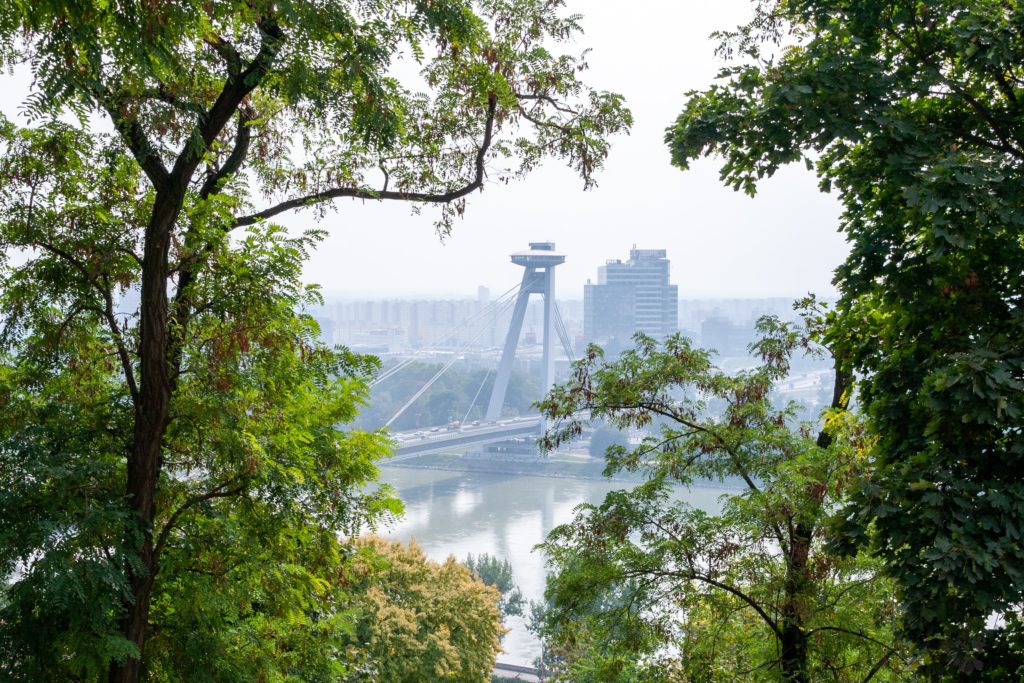
Snuggled in Central Europe, the landlocked sovereign state of Slovakia is bordered by Poland, Hungry, Czechia, and Austria, showcasing a versatile landscape, heritage, and culture. The climate here is mostly sunny receiving a fair share of rains, while winters are a moderate affair due to its central geographical location.
Moving to Slovakia can bring tons of benefits to foreigners along with some minor cons. Here is a list of things you may know before you decide to make Slovakia your new hometown.
Getting a visa
Slovakia is a member of the EU/EEA and also a signatory of the Schengen agreement. This status makes Slovakia accessible for traveling purposes. As a tourist, foreigners can opt for a Schengen visa that is good for a 90-day stay within the Schengen region, subject to conditions. Whereas the citizens of the EU can move freely to Slovakia under the Freedom-of-Movement pact between the Schengen countries.
A travel visa doesn’t permit engaging in employment, hence for foreigners who wish to settle in Slovakia, a work permit is required. Blue card is offered by the Slovakian government to skilled people, technicians, electricians, foremen, civil engineer, etc.
Another way to enjoy a long-term stay is through employment in a Slovakian business or firm. Vacancies based on skills and otherwise are announced on local newspapers and web portals, a local placement agent can also be contacted. The employer initiates the process of a work permit by ensuring the authorities that a certain position can only be filled by a foreigner.
Accommodation and cost of living
If the budget permits, there are no restrictions on foreigners to procure land or developed real estate; however, purchasing agricultural space or woodland will require special permissions.
Depending on personal preferences, places most favored by expatriates are listed below:
- Bratislava (capital city)
- Kosice (the largest and the oldest city in the country)
- Trencin (historical, hosting the famous Trencin Castle)
- Nitra (densely populated, most sociable)
- Zilina (industrial center)
- Banska Stiavnica
- Trnava (quiet, peaceful, suburban living)
Regardless of where you choose to live, the per month cost to maintain a decent livelihood for a family of four should not exceed EUR 1,900, provided the finances are wisely managed.
Education and healthcare system
The education system in Slovakia is under the purview of the Ministry of Education which sets the overall curriculum for private and public sector educational institutes. However, the local governments also have the authority to make desired changes while staying within the national curriculum.
The state is education friendly which is reflected in its high literacy rate and abundant opportunities for expatriates to seek free learning at all levels of their academic careers. Private sector international schools impart education in major languages in the world, such as English, French, Dutch, etc. whereas basic courses in Slovak (the language of Slovakia) are compulsory to take for all foreign students.
The healthcare system, though not at par with developed nations such as Germany, Austria, Italy, etc., still provides very decent facilities and medical coverage to its dwellers. Though primary healthcare is provided free, for secondary and tertiary care one has to have health insurance. There are 3 health insurers in the country two of which are state-run. Considering that the average lifespan in Slovakia is lower than in other EU states, healthcare might be one thing that will discourage many aspirants: particularly retirees or the chronically ill.
Transportations system
As stated earlier, Slovakia is a landlocked country and maintains the land and air transport with all its neighbors. Entering Slovakia on a Schengen visa and planning to explore the border countries is probably the best thing for travelers. Transportation within the country comprises trains, trams, buses, and, railroads. Most of the cities are intricately connected via motorways and high-speed roads; with a zero-tolerance policy for drunk drivers.


